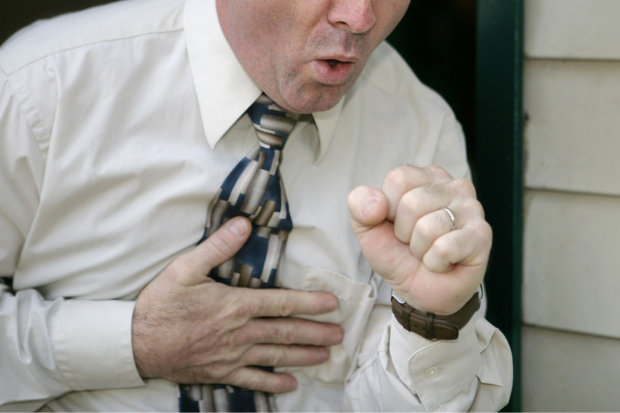
Inquirer.net file photo
CEBU CITY, Philippines–Pertussis, also known as whooping cough, has become a health concern lately in the country.
The Department of Health in Central Visayas (DOH-7) confirmed on Tuesday, March 26, 2024, that there are 115 reported cases of pertussis in Central Visayas from January to March this year.
Quezon City has also officially declared outbreaks of pertussis while the city of Pasig has reported more cases of the severely contagious respiratory disease.
READ MORE:
Pertussis: 6 deaths due to disease recorded in Central Visayas, says DOH-7
DOH sees possible Holy Week hike in pertussis cases
So what is pertussis?
According to the World Health Organization, it is a highly contagious respiratory infection caused by the bacterium Bordetella pertussis.
WHO says that in 2018, there were more than 151,000 cases of pertussis globally.
Pertussis spreads easily from person to person, mainly through droplets produced by coughing or sneezing.
The disease is most dangerous in infants, and is a significant cause of disease and death in this age group.
Pertussis: Its symptoms, complications
The first symptoms generally appear 7 to 10 days after infection. They include a mild fever, runny nose and cough, which in typical cases gradually develops into a hacking cough followed by whooping (hence the common name of whooping cough).
Pneumonia is a relatively common complication, and seizures and brain disease occur rarely.
People with this disease are most contagious up to about 3 weeks after the cough begins, and many children who contract the infection have coughing spells that last 4 to 8 weeks.
Antibiotics are used to treat the infection.
Former Health Secretary and Iloilo 1st District Rep. Janette Garin blamed low vaccination rates for the rise in whooping cough cases across the country.
She urged the public to take necessary precautions.
Garin said last Friday that the increase in pertussis cases is alarming but can be prevented through vaccination and good hygiene.
With a report from Inquirer.net